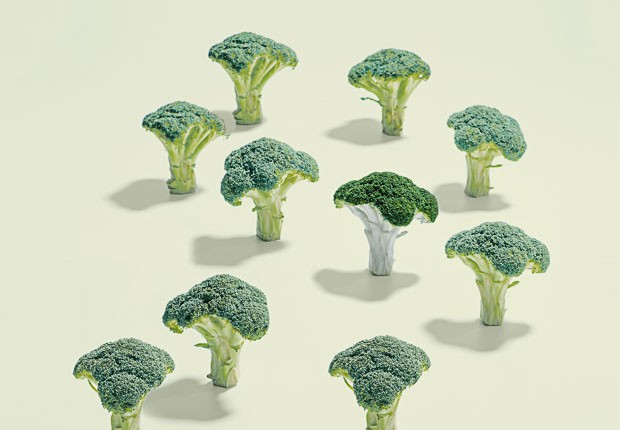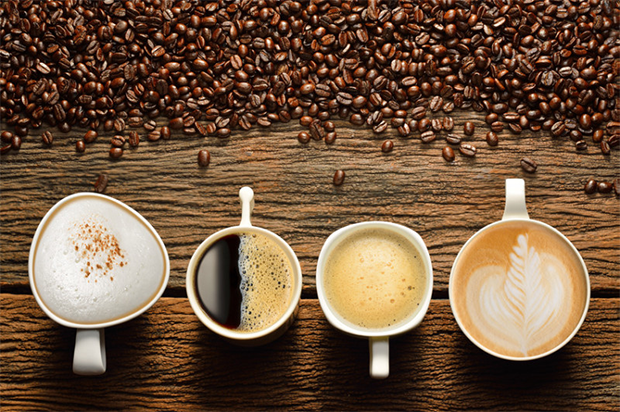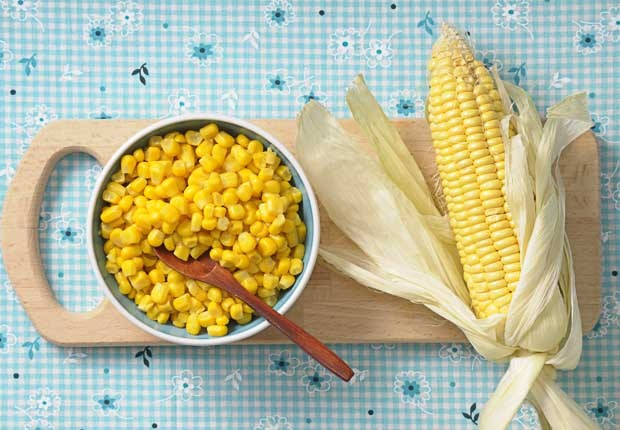
8 Foods for Better Vision
Carrots aren’t the only foods that can help your eyes — they’ve just gotten most of the attention; thank you, Bugs Bunny. But many other nutritious foods not only improve your vision but also can lower the risk of cataracts or age-related macular degeneration.
|
Broccoli
Packed with eye-nourishing antioxidants that protect against cell damage, broccoli is also high in vitamin B2 (riboflavin), which helps your eyes adapt to changes in light. Boiling broccoli destroys this vitamin, so opt for light steaming or roasting. Top with a bit of olive oil and lemon juice to power up its benefits. |
|
|
Coffee
A morning cup of coffee may help you get through the day without the itchy, burning, gritty irritation of dry eyes, a problem brought on by lack of tears. Researchers at the University of Tokyo found that study participants produced significantly more tears after swallowing the caffeine equivalent of a couple of cups of brewed coffee. |
|
|
Corn
This sweet vegetable treat is rich in lutein and zeaxanthin, two micronutrients that guard against harm from sunlight, damaging high-energy blue wavelengths of light (computers, television sets, smartphones), cigarette smoke and air pollution. Enjoy corn fresh, frozen or canned. Other good bets: avocados, broccoli, eggs, kale and spinach. |
|
|
Eggs
Egg yolks are packed with zinc, a trace mineral that helps keep the retina (the light-sensitive part at the back of the eye) in tip-top shape. A deficiency of zinc has been linked to poor night vision as well as mental sluggishness, according to the American Optometric Association. Beans, nuts, poultry, tofu and wheat germ are also good sources. |
|
|
Fish
Mackerel, salmon, sardines and tuna are rich in omega-3 fatty acids that help protect against both age-related macular degeneration and cataracts. Aim for at least two servings a week. Want a change from fish? Try flaxseed, olives, brussels sprouts or walnuts. |
|
|

Oranges
Men and women who ate the equivalent of two vitamin C-rich oranges a day had half the risk of developing cataracts as those who ate less than one a day, according to a recent study of nearly 600 adults over age 65 published in BMC Ophthalmology. For a change of pace, try red bell peppers, kiwi, grapefruit or strawberries.
Sunflower seeds
Rich in vitamin E, a powerful antioxidant, sunflower seeds can help slow the progression of age-related macular degeneration and cataracts. Other foods rich in vitamin E include almonds, pecans, spinach, and safflower and olive oils. Sprinkle a topping of sunflower seeds over a green salad and drizzle on a bit of oil for an eye-healthy side dish.
Bright orange fruits and vegetables
Bright orange fruits and vegetables are a great source of beta-carotene, a nutrient the body uses to make vitamin A. Plentiful amounts of these colorful foods help the eyes adjust to light changes and contribute to better night vision. Other good choices: pumpkin, butternut squash and, yes, carrots.



















0 comments: